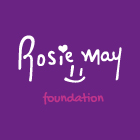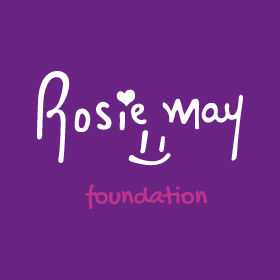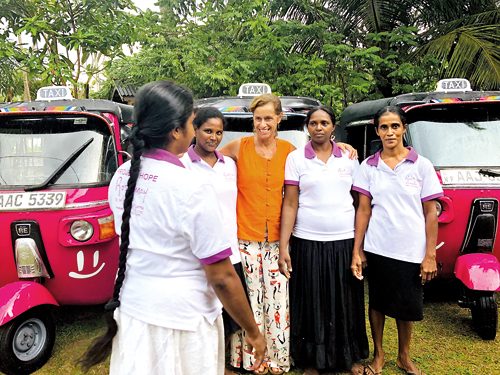Not pink Cadillacs, but pink three wheelers; This is the latest project centred around empowering women here, by a British family in memory of the daughter they lost.
A year after their daughter’s death, the Storries found themselves confronting a tsunami. Having gone on vacation to the Maldives, Graham and Mary and their sons were in a resort when the Sri Lankans working there began to get calls from home – the wave was on its way. “All the guests just barricaded themselves in the restaurant at the very centre of the island,” recalls Mary, explaining that they used sandbags to protect themselves.
Luckily, they all survived – as did the little tree they had planted in memory of their daughter, Rosie May. Looking at the sapling still standing, surrounded by debris, Mary remembers feeling convinced that her child had watched over her family and protected them.
On their way back to England, the Storries flew through Sri Lanka and got glimpses of the terrible devastation that had left homes and business flattened. Back in Bingham, the TV was filled with stories about the rising death toll and the chaos the wave left in its wake. “We realised this is where the need was, and we wanted to work here.”
The couple have been back in Sri Lanka several times since then, always choosing to work with women and children, in honour of their daughter. Rosie May, who the Foundation is named after, was only ten years old when she was murdered by the 18-year-old son of a family friend. He was later convicted, but her family would struggle to make sense of their loss. They knew only that they had to move forward in love and hope, or be consumed by the death of their child.
“The Foundation is so important to us, because it gives us a way of being able to bring something positive out of what was a tragedy, and particularly to help vulnerable women and children shape their future, in a way that Rosie was obviously denied,” Mary tells the Sunday Times.
Mary works full-time for the Bingham-based charity, which also does work in Nepal. She says that dedicating herself to helping people in Rosie’s name has helped her survive their terrible bereavement. The work they do in Sri Lanka feels particularly close to her heart and includes a surf club for girls, a home for children and livelihood support projects designed to help women. It’s been over a decade since they set up shop, and they have helped hundreds of women, raising over a £1 million in funds.
Now, the Foundation is supporting single women and female-headed households through a unique effort they call ‘Think Pink Sri Lanka’. A small fleet of tuk-tuks have been painted pink to signal that their drivers are women. The Foundation provides financial and logistical support to help the women gain their licence, rent a tuk-tuk and learn English. The women are expected to participate, and pay a quarter of the fee to complete their training and then hire the tuk-tuks at a nominal rate of Rs.300 per day. The Foundation pays the lion’s share of the expenses and takes care of maintenance needed to keep the women on the road.
Mary thought of the idea when she first saw women taxi drivers in Dubai who wore pink headscarves and ferried women around. She was also responding to reports such as those by the United Nations Population Fund that estimated that 90 percent of women aged 15-35 have been subjected to sexual harassment experiences on public transport in Sri Lanka.
Currently, 10 women, all of whom are single mothers, are operating tuk-tuks along the small towns on the southern coast. According to the Foundation’s records, the women have tripled their income over this period, going from earning on average Rs.10,000 to Rs.30,000 per month.
Explaining that the pink tuk-tuks have become very popular with local women, who feel safe using them, as well as sending their children to school in them, Mary says, “It’s all been word of mouth, really.”
The project has been so successful – in helping women find their feet and protect themselves and their children from harassment –that the Foundation hopes to expand their efforts. Their goal is to reach 50 women in the next two years. They’ve also been in discussions with the hailing app PickMe, and hope to get their women drivers on to the platform soon. It feels like the app will help their women feel secure taking on more work outside their immediate community.
Meanwhile, Mary says she feels her family’s experiences give them the empathy they need to do this vital work. “Losing your child is every parent’s worst nightmare,” she says, “it’s the worst thing in the world…but this is what drove us, and what drives us now to continue to connect with people and help them. It’s creating a living legacy, which will ensure that Rosie’s name will live on.”
By Smriti Daniel




